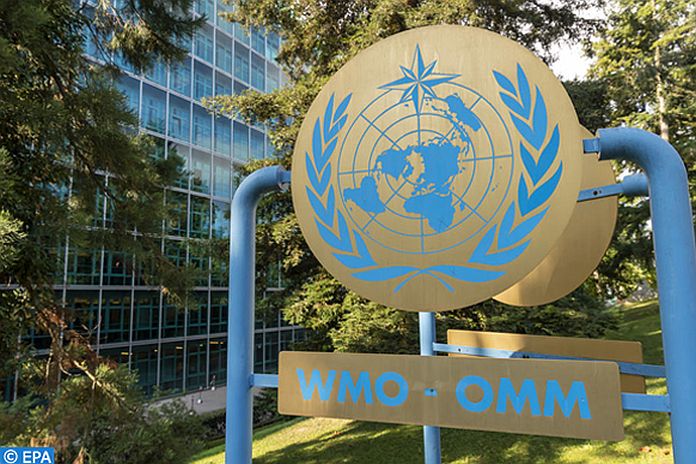GENEVA, Switzerland — The UN weather agency on Thursday cautioned that the current onset of warmer temperatures in the northern hemisphere should not be used as a trigger to relax measures to halt the spread of coronavirus.
In a new report, the UN World Meteorological Organization (WMO) highlighted that contrary to popular assumptions about warm weather dampening viral spread, infections rose in late spring – and that “there is no evidence” that this year would be any different.

“At this stage, evidence does not support the use of meteorological and air quality factors as a basis for governments to relax their interventions aimed at reducing transmission,” Ben Zaitchik, co-chair of an interdisciplinary and international WMO Task Team that produced the report, said.
“We saw waves of infection rise in warm seasons and warm regions in the first year of the pandemic, and there is no evidence that this couldn’t happen again in the coming year”, Zaitchik, from the Department of Earth and Planetary Sciences, Johns Hopkins University, added.
The report highlighted that COVID-19 transmission dynamics last year appear to have been controlled primarily by government interventions rather than meteorological factors. Other relevant drivers include changes in human behaviour and demographics of affected populations, and more recently, virus mutations.
Infection seasonality ‘not yet well understood’
The report looked at the potential role of seasonality, as respiratory viral infections, like cold or influenza frequently show some form of seasonality, such as the autumn-winter peak for influenza in temperate climates. This led to speculation that, if it persists for many years, COVID-19 could be a strongly seasonal disease.
“It is premature to draw conclusions for the COVID-19 virus”, WMO said.
The underlying mechanisms that drive seasonality of respiratory viral infections are not yet well understood, according to the report.
“A combination of direct impacts on virus survival, impacts on human resistance to infection, and indirect influence of weather and season via changes in human behaviour may be at work”, it said, noting that laboratory studies of COVID-19 causing SARS-CoV-2 virus “yielded some evidence that the virus survives longer under cold, dry, and low ultraviolet radiation conditions”.
“However, these studies have not yet indicated if direct meteorological influences on the virus have a meaningful influence on transmission rates under real world conditions”, the report added.
Air quality influence ‘still inconclusive’
The Task Team further noted that the evidence on the influence of air quality factors is still inconclusive.
It said that there is “some preliminary evidence” that poor air quality increases COVID-19 mortality rates, but not that pollution directly impacts airborne transmission of the SARS-CoV-2 virus.
The report also noted that at present there is no direct, peer reviewed evidence of pollution impacts on the airborne viability of the virus.





